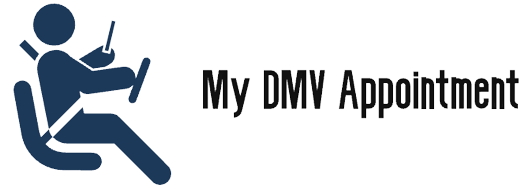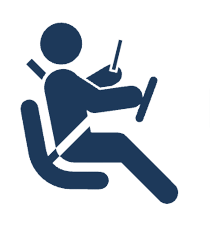If your Pennsylvania driver’s license has been suspended, the inability to drive can quickly jeopardize your job, education, and health. To address this, the state offers the Occupational Limited License (OLL). This hardship license allows you to drive legally, but only for specific, essential purposes such as commuting to work, attending school, or traveling for medical treatment.
This guide outlines the 2026 eligibility rules, the petition process, and the strict restrictions you must follow to maintain your limited driving privileges.
Step 1: Verify Your OLL Eligibility (When a Hardship License is Available)
In Pennsylvania, a hardship license is a privilege, not a right, and is only available for specific types of suspensions. You cannot obtain an OLL if your license has been revoked, canceled, or recalled.
Key Requirements and DUI Status (Why You Might Need an IILL Instead)
- Age: You must be at least 16 years old.
- License History: You must have held a valid Pennsylvania driver’s license prior to the suspension.
- Frequency: You are only eligible for one OLL every five years.
- DUI Status: As of 2026, the OLL is generally not available for DUI-related suspensions or chemical test refusals. If your suspension is alcohol-related, you must instead apply for an Ignition Interlock Limited License (IILL).
Check Your Status First: Before applying, it is critical to confirm why your license was taken away. If your suspension is due to excessive points, you should check points on your license in PA to ensure you have met all other PennDOT restoration requirements first.
Step 2: The Application Process (Form DL-15 Submission)
To apply, you must file a formal petition with PennDOT. This process cannot be completed online; it requires a physical mailing of original documents.
- Download Form DL-15: Complete the Occupational Limited License Petition.
- Attach Proof of Insurance: Include a copy of your current financial responsibility (insurance card).
- Pay the Petition Fee: In 2026, the non-refundable petition fee is $88.00.
- Settle Restoration Fees: If your suspension has already begun, you must also pay your standard restoration fee.
- Mail via Certified Mail: Send your complete package to:PennDOT Bureau of Driver Licensing P.O. Box 68689 Harrisburg, PA 17106-8689
Processing Time: PennDOT will typically notify you by mail within 20 days whether your petition has been approved or denied.
Strict Operating Restrictions and Boundaries of the OLL
An OLL is not a full license. It is a highly restricted document that dictates exactly where and when you can drive. If you are caught driving outside these boundaries, your OLL will be revoked immediately.
- Authorized Purposes: You may only drive for your occupation, trade, medical treatment, or accredited study.
- Designated Vehicles: You are restricted to driving the specific vehicle class (usually Class C) listed on your OLL.
- Time and Route: You must carry a DL-15A (OLL Affidavit) at all times, which details your approved work hours and routes.
If you have a complex suspension history that makes your petition difficult to navigate, scheduling a Pennsylvania DMV appointment to speak with a driver license specialist may help clarify your specific restrictions.
Frequently Asked Questions
No. An OLL is strictly for “bread and butter” needs. Driving for personal errands is a violation of the hardship license terms and can lead to a secondary suspension.
If PennDOT denies your petition, you have the right to an Administrative Hearing. You must request this hearing in writing within 30 days of the denial notice and pay a separate $100 processing fee.
No. If you hold a CDL, you are only eligible for a non-commercial OLL. You cannot operate a commercial motor vehicle while your primary driving privilege is suspended.
Any new traffic conviction while holding a hardship license will result in the immediate revocation of your OLL. You will then be required to serve the remainder of your original suspension without any driving privileges.
Conclusion:
The Pennsylvania OLL provides a vital safety net for drivers who need to maintain their livelihood while serving a suspension. By submitting a notarized Form DL-15, paying the $88 fee, and adhering strictly to your approved routes, you can mitigate the impact of a lost license. Your next step is to request your Restoration Requirements Letter to confirm that an OLL is a valid option for your specific suspension type.


Add Comment